BuzzFeed caught up with YA authors at Yallwest to discuss why diversity is important within young adult publishing. These are their inspiring responses.
Zoraida Cordova, author of Labyrinth Lost
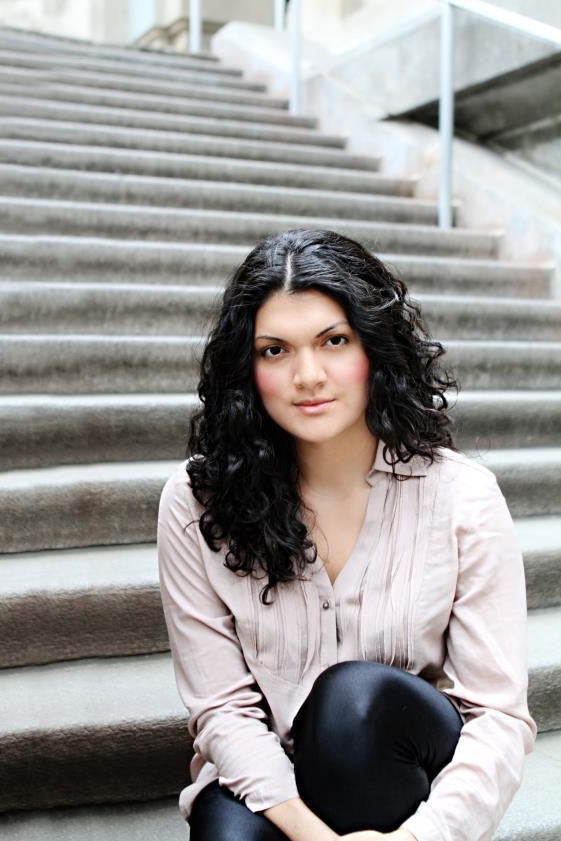

"Earlier today I had a girl come up to me and tell me that my book was the first book she'd read where the Latino family wasn't stereotypical. She told me that after reading, she felt like she could be a hero. This is why it's important to have diverse books. Because there is someone out there who feels like they're not being represented. Everyone should be able to say that they're a hero in their story."
Danielle Paige, author of The End of Oz
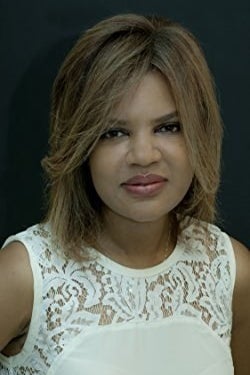
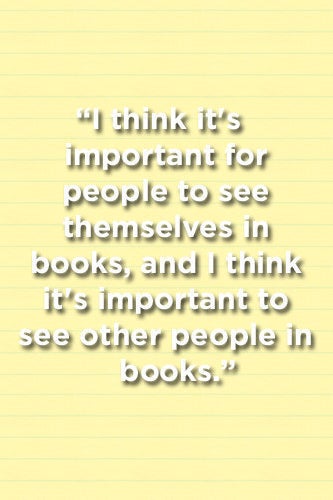
"I think it's important for people to see themselves in books, and I think it's important to see other people in books. Our books should reflect our society. I think that's why diversity is so very important."
Adam Silvera, author of History Is All You Left Me
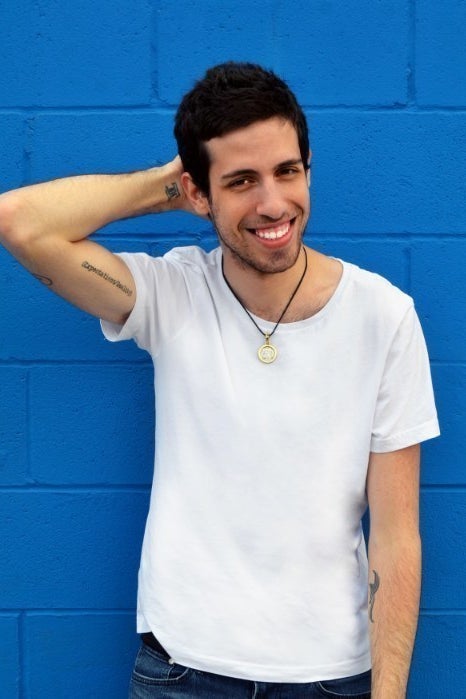
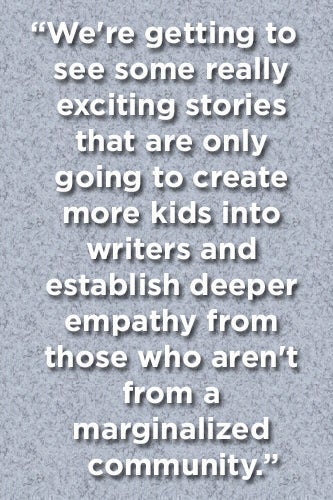
"We're in a really good time right now because publishers are finally recognizing the need for diverse voices. We're getting to see some really exciting stories that are only going to create more writers and establish deeper empathy from those who aren't from a marginalized community."
Cassandra Clare, author of Lord of Shadows
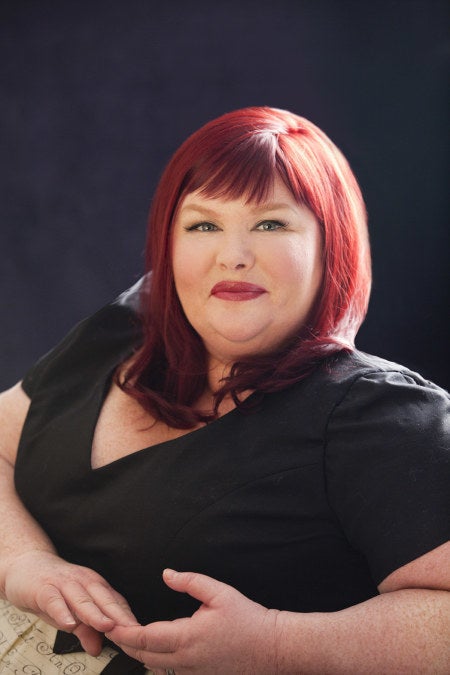
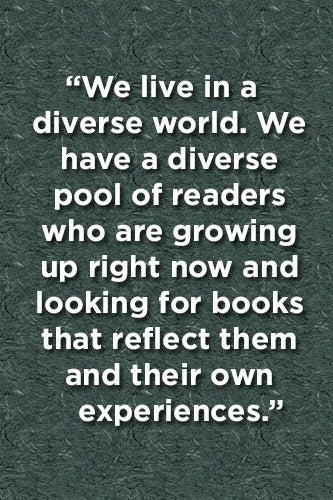
"We live in a diverse world. We have a diverse pool of readers who are growing up right now and looking for books that reflect them and their own experiences. There's a wide range of different stories that we want told, and ideally they are told by the people who have those personal experiences. But sometimes, when that's not possible, I still think it's extremely important to make sure that your book is welcoming to everybody."
Cindy Pon, author of Want
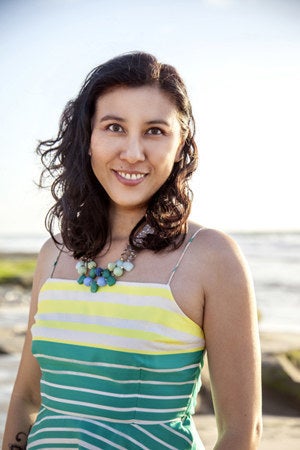
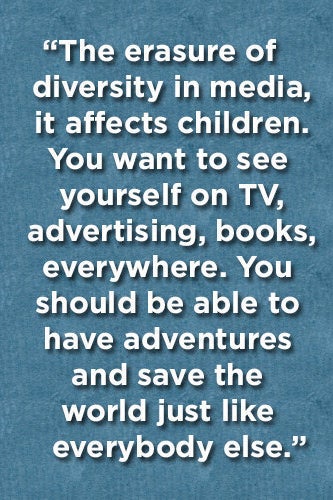
"It wasn't until my thirties when I saw Lisa Yee's Millicent Min that I realized it was the first time I was seeing an Asian character on a cover of a book. I looked back and thought, 'I love fantasy, I love books. How is it that in the 30 years I've been reading, I've never read a character that looked like myself?' The erasure of diversity in media, it affects children. You want to see yourself on TV, advertising, books, everywhere. You should be able to have adventures and save the world just like everybody else. It matters."
Daniel José Older, author of Shadowhouse Fall

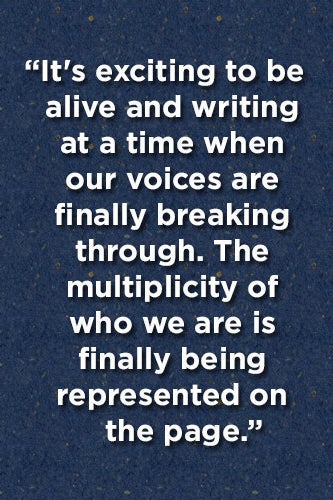
"Writers, especially writers who are women of color, have been doing the hard work when it comes to diversity in literature. They've really been putting their names on the line and doing the activism and organizing. They've been working hard to sustain it so it doesn't become a trend, like some people say. It's about having books that reflect the truth, the world as it actually is. It's exciting to be alive and writing at a time when our voices are finally breaking through. The multiplicity of who we are is finally being represented on the page."
Lilliam Rivera, author of The Education of Margot Sanchez
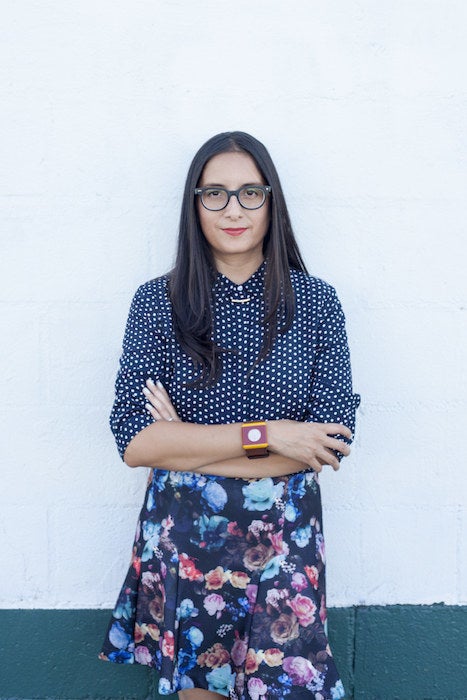
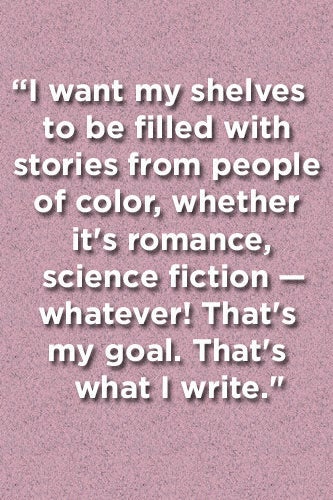
"I grew up craving Latino characters in YA. And even though now there's a great mix of it — I still want more. I want my shelves to be filled with stories from people of color, whether it's romance, science fiction — whatever! That's my goal. That's what I write."
Veronica Roth, author of Carve the Mark
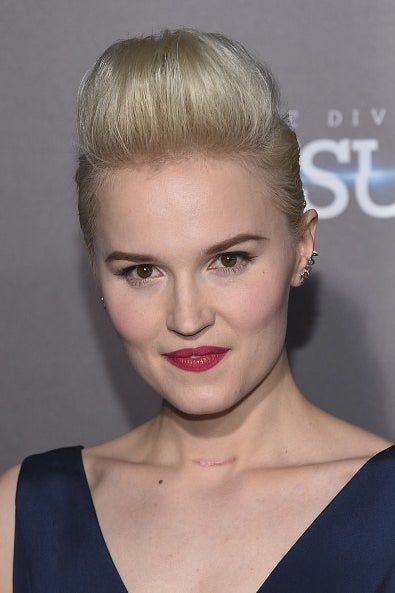
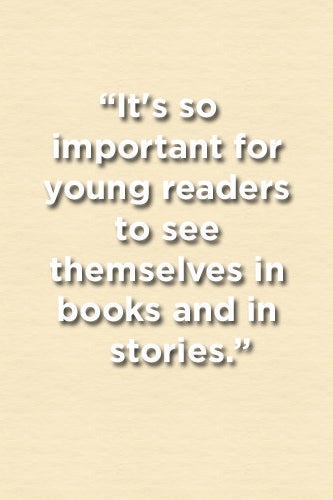
"It's a reflection of reality. If your world is entirely white or entirely straight, then maybe you're not looking at your world very carefully. It's so important for young readers to see themselves in books and in stories."
Lindsay Cummings and Sasha Alsberg, authors of Zenith
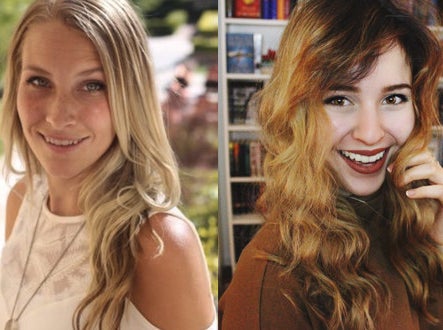
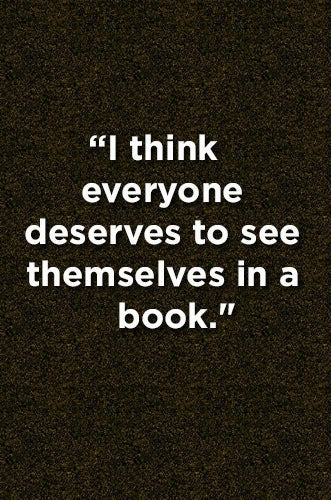
"I think everyone deserves to see themselves in a book."
— Lindsay Cummings
"We live in diverse world, so diverse characters should be the norm in books because you want to relate real life to fictional life."
— Sasha Alsberg
Linda Sue Park, author of Cavern of Secrets
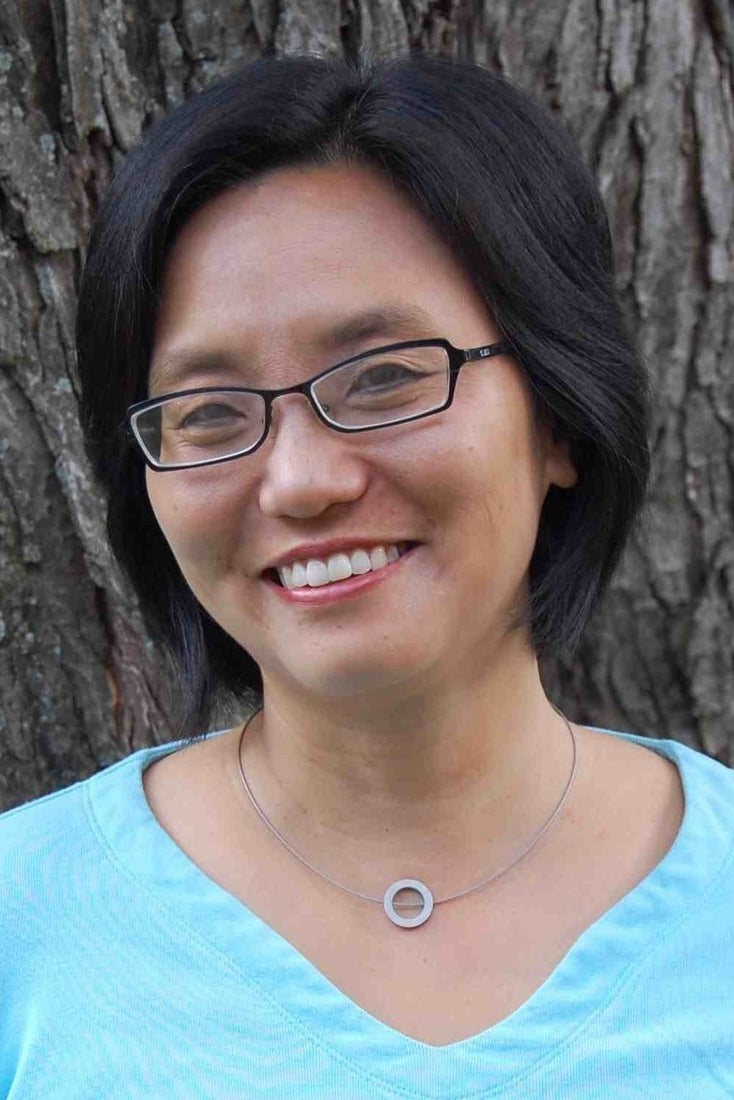
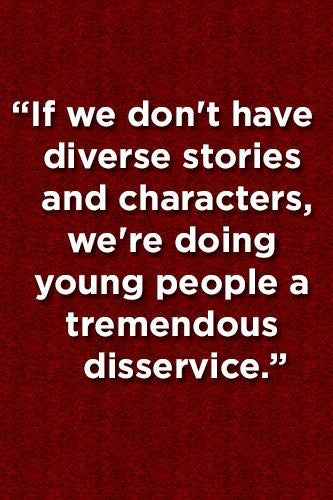
"If we don't have diverse stories and characters, we're doing young people a tremendous disservice. We're not preparing them for the real world."
Sam Maggs, author of Wonder Women: 25 Innovators, Inventors, and Trailblazers Who Changed History
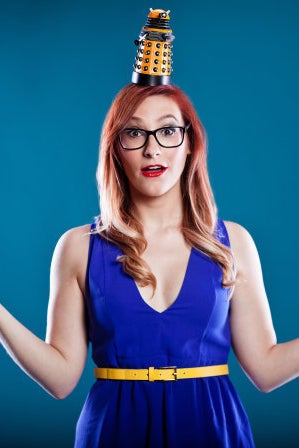
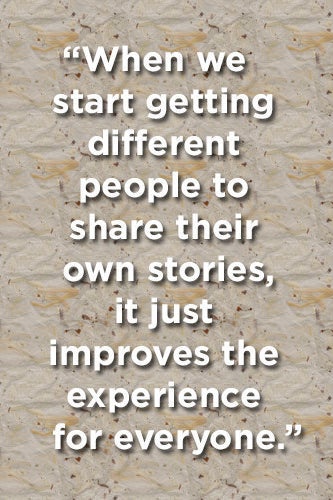
"Stories that come from people with different life experiences only makes for richer stories in the end. So putting diverse characters into books and — I would say more importantly — getting a diversity of people to write those books only benefits everyone. When we start getting different people to share their own stories, it just improves the experience for everyone."
Roshani Chokshi, author of A Crown of Wishes
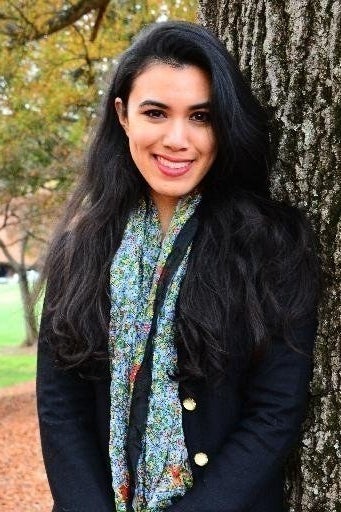
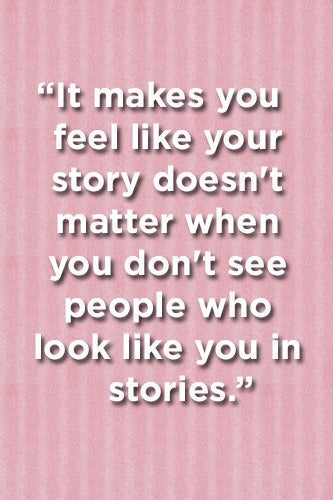
"It makes you feel like your story doesn't matter when you don't see people who look like you in stories. It was really important for my work to try to reflect that so every kid feels like they'll get that invitation to Hogwarts or that they'll get to have that adventure too, and that it doesn't belong to one person only."
Victoria Aveyard, author of King's Cage
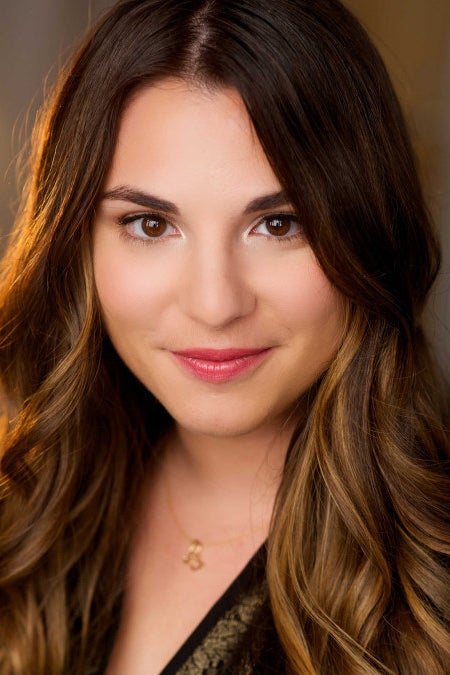
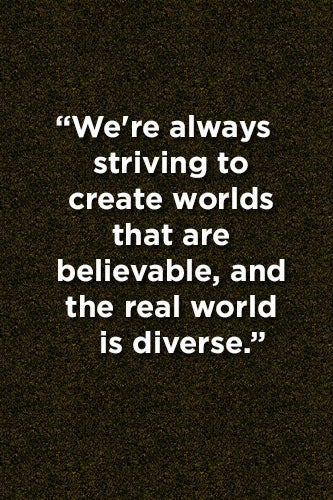
"It's important, just from a craft perspective, because we're always striving to create worlds that are believable, and the real world is diverse. So the more diversity you add into your fiction makes it that much more powerful to read. Then of course, from a more emotional standpoint, it's fantastic for readers to see themselves reflected in fiction."
Tracey Baptiste, author of The Jumbies

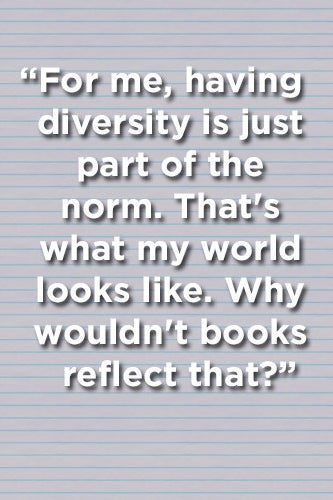
"As an immigrant and a person who is biracial — my mother is of African heritage and my father is of Indian heritage — this is my family. For me, having diversity is just part of the norm. That's what my world looks like. Why wouldn't books reflect that?"
Jessica Taylor, author of A Map for Wrecked Girls
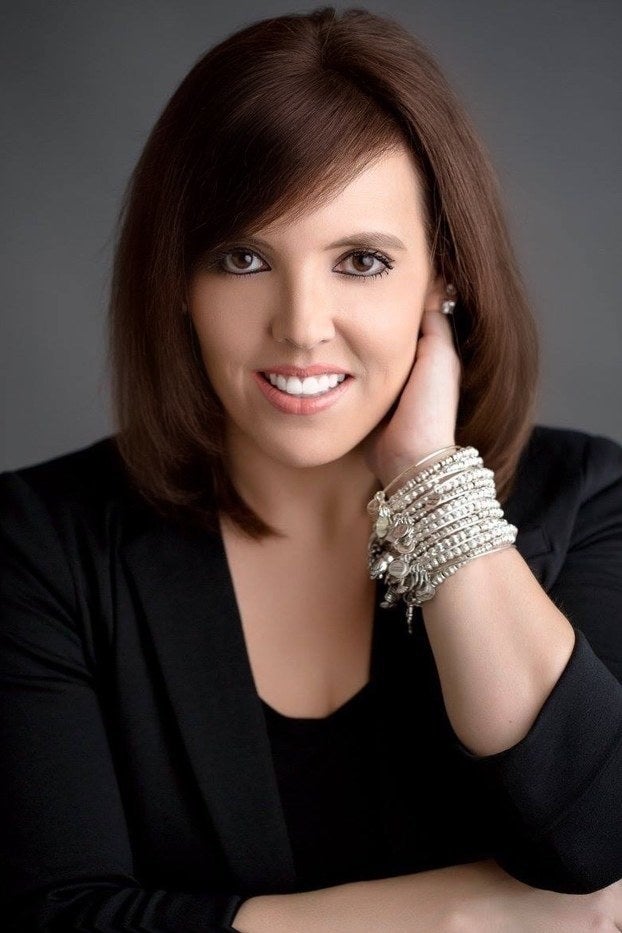
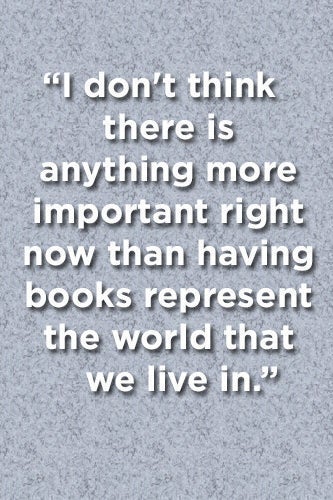
"I don't think there is anything more important right now than having books represent the world that we live in. I try to incorporate more diverse characters into my books, and I fully try to support authors' own voices as well. I think there are a lot of people right now in the YA world doing a lot of amazing work."
Simon Curtis, author of Boy Robot
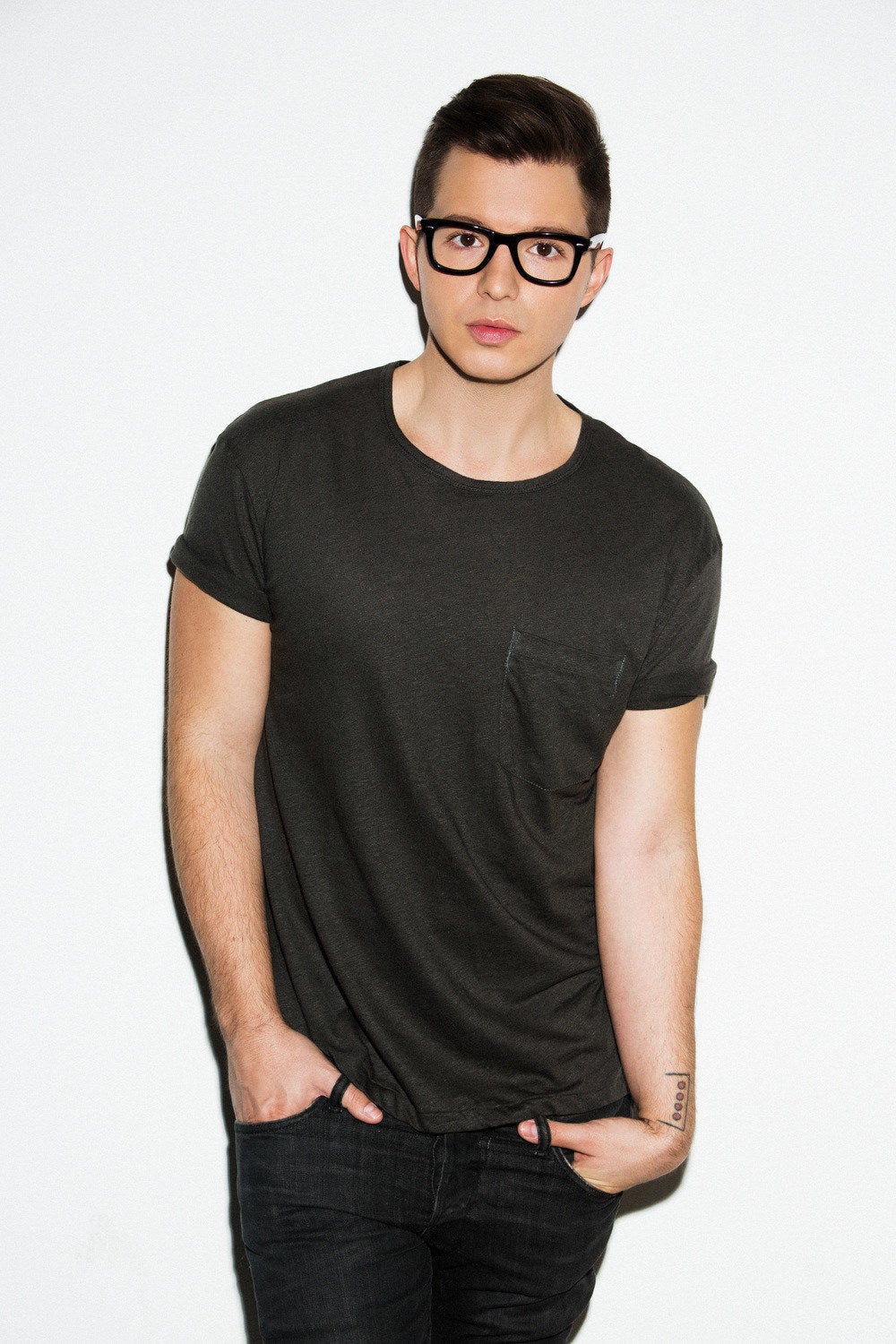
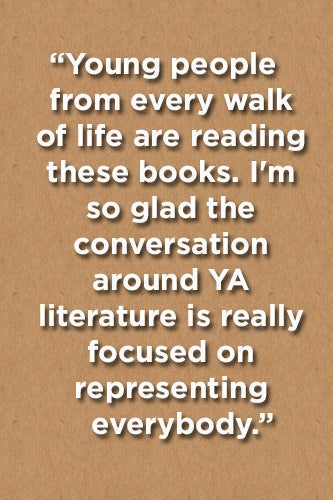
"As a gay person, I grew up without any representation in any sort of media that I was consuming. Whether it was books, music, TV, movies — there was nothing as a kid that I identified with. When I started writing Boy Robot, it was really important to me to have as many people represented as I could and be authentic as possible. Young people from every walk of life are reading these books. I'm so glad the conversation around YA literature is really focused on representing everybody."
Margaret Stohl, author of Royce Rolls
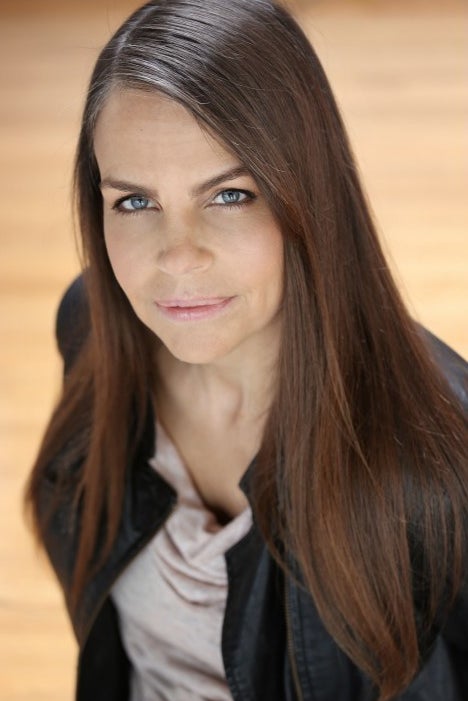

"I have a genderqueer child, so I really believe representation matters. I see my own child wince at the presumed straightness and cis-ness of the majority of characters, so I'm excited things are beginning to shift. It's not just about writing diverse characters, it's about diversifying the industry. It's about having diverse editors, acquiring editors, sales and marketing people who are willing to put resources behind broader representation."
Maurene Goo, author of I Believe in a Thing Called Love

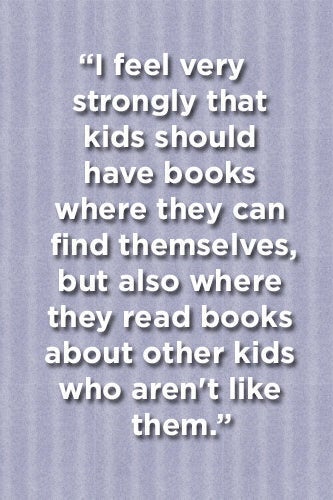
"Diversity reflects my reality. I'm also a member of We Need Diverse Books, so I feel very strongly that kids should have books where they can find themselves, but also where they read books about other kids who aren't like them. I think it creates empathy, and it's also just more fun to read about different kinds of people and their experiences."
Adi Alsaid, author of North of Happy
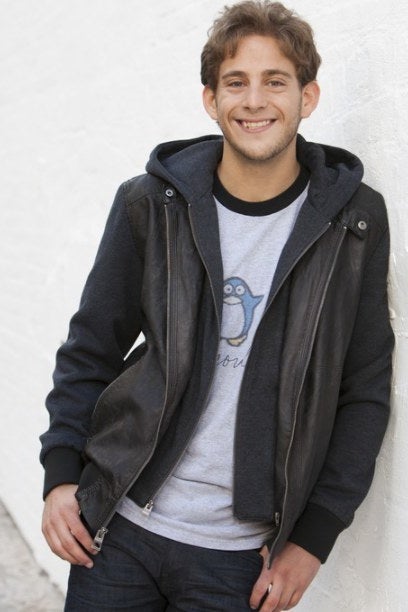
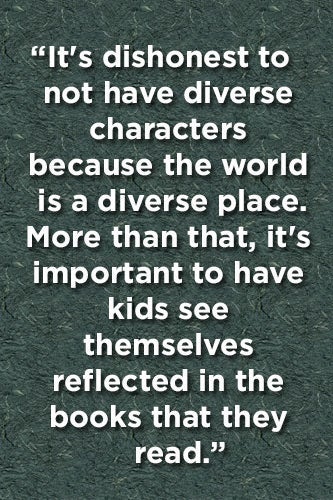
"I think, when we write, diversity is a reflection of the world and life. It's dishonest to not have diverse characters because the world is a diverse place. More than that, it's important to have kids see themselves reflected in the books that they read."
Natalie C. Parker, author of Beware the Wild
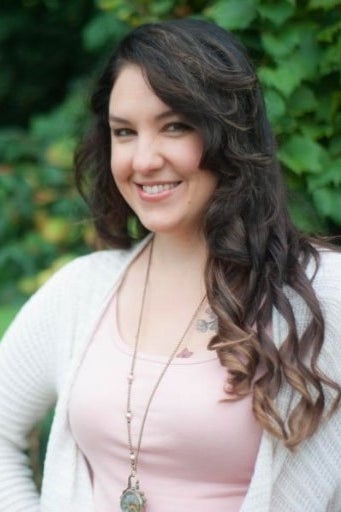
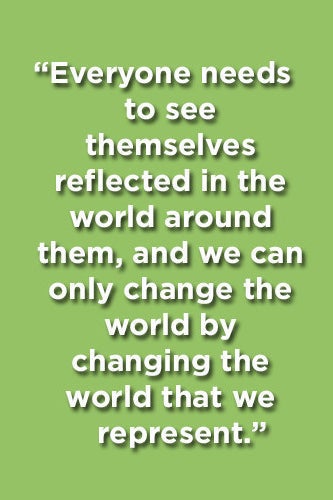
"I'm really excited about the YA world right now because we are having such good conversations around diversity. Everyone needs to see themselves reflected in the world around them, and we can only change the world by changing the world that we represent."
Angie Thomas, author of The Hate U Give

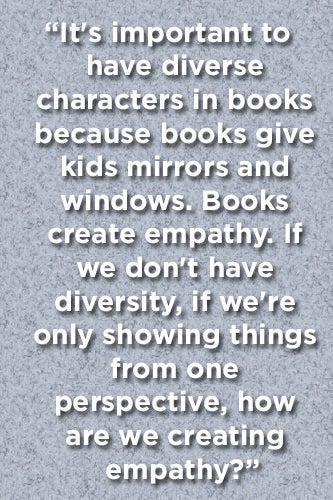
"It's important to have diverse characters in books because books give kids mirrors and windows. Books create empathy. If we don't have diversity, if we're only showing things from one perspective, how are we creating empathy? It's important beyond just children's books — it's important period. I think that the more diversity we have in books the better. Give kids options. Who wants the same thing over and over? Let's show other lives. Let's show other perspectives and other marginalizations. It goes a long way in creating empathy."
Marie Maquardt, author of The Radius of Us

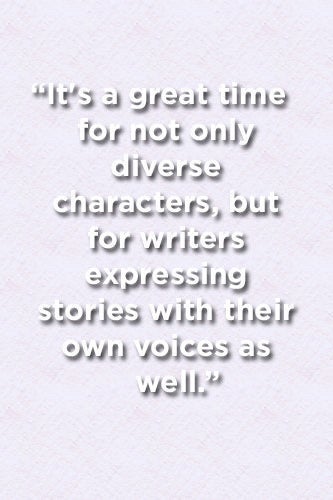
"I'm thrilled to see what's happening with regard to diversity in books in the last few years. It's a great time for not only diverse characters, but for writers expressing stories with their own voices as well. I'm 100% trying to do what I can do support it."
Sandhya Menon, author of When Dimple Met Rishi
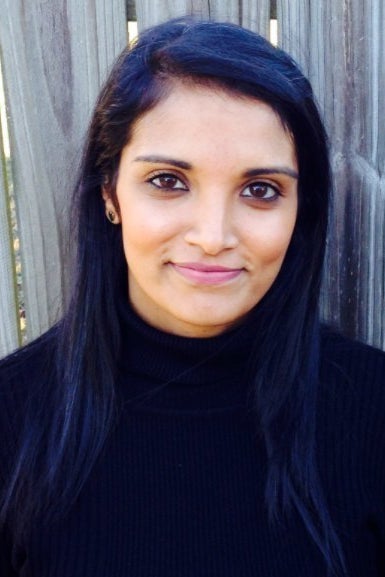
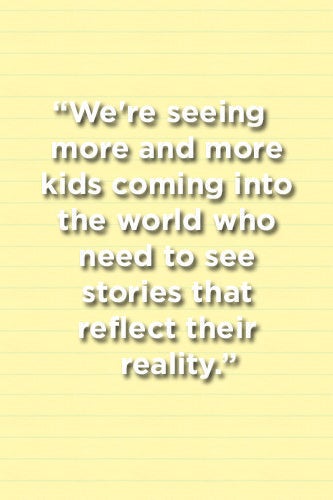
"Diverse characters are just the norm of what we see in our everyday lives, especially teens and children. I think I read a statistic somewhere out there that said about 50% of babies born out there were not white. We're seeing more and more kids coming into the world who need to see stories that reflect their reality."
Melissa de la Cruz, author of Alex and Eliza
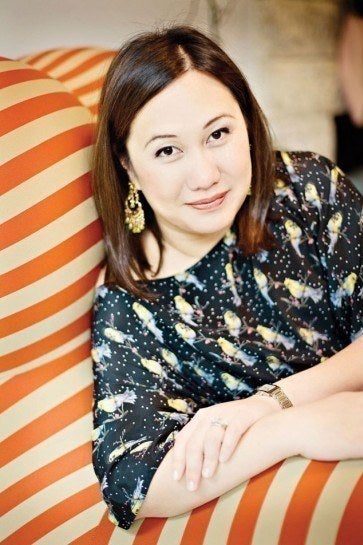
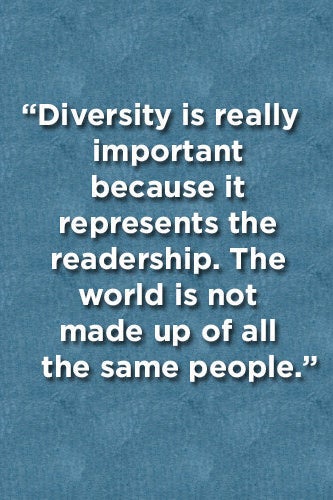
"Diversity is really important because it represents the readership. The world is not made up of all the same people. When I was growing up, there weren't any books with Filipino characters in them — it was shocking. Books give kids the license to think, 'Hey, maybe one day I'll live in NYC or I'll go to Paris.' That's certainly how I grew up reading books. It's important for kids to see themselves in books so they can dream."
John Corey Whaley, author of Highly Illogical Behavior
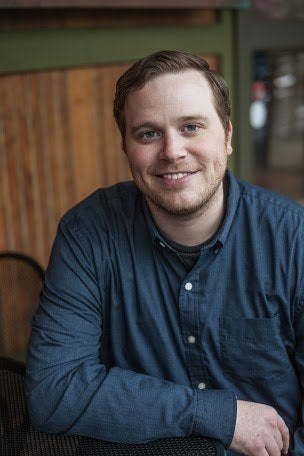

"All readers should be represented in books. What I've learned in the business is that it's not just about entertainment, but we're actually upholding a very long tradition of making sure literature is a vital part of culture, and we have to make sure that all parts of our culture are represented that way. So it's more important than just about anything, I think. Every single kid deserves to see themselves coming off of the page."
Neal Shusterman, author of Scythe
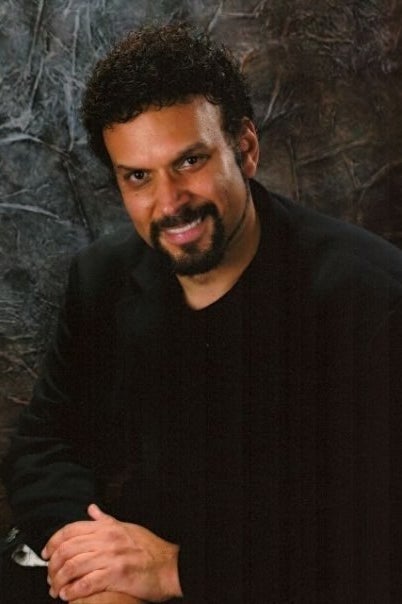
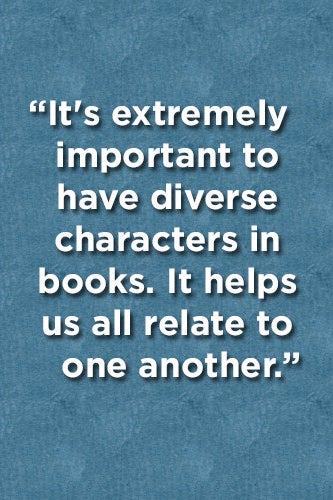
"It's extremely important to have diverse characters in books. While this includes diverse authors writing about their cultures, it also includes people writing about different cultures — not in a cultural appropriation kind of way — but having characters of multiple cultures in the books that you're writing. It helps us all relate to one another."
Note: Quotes may be edited for length/clarity.
